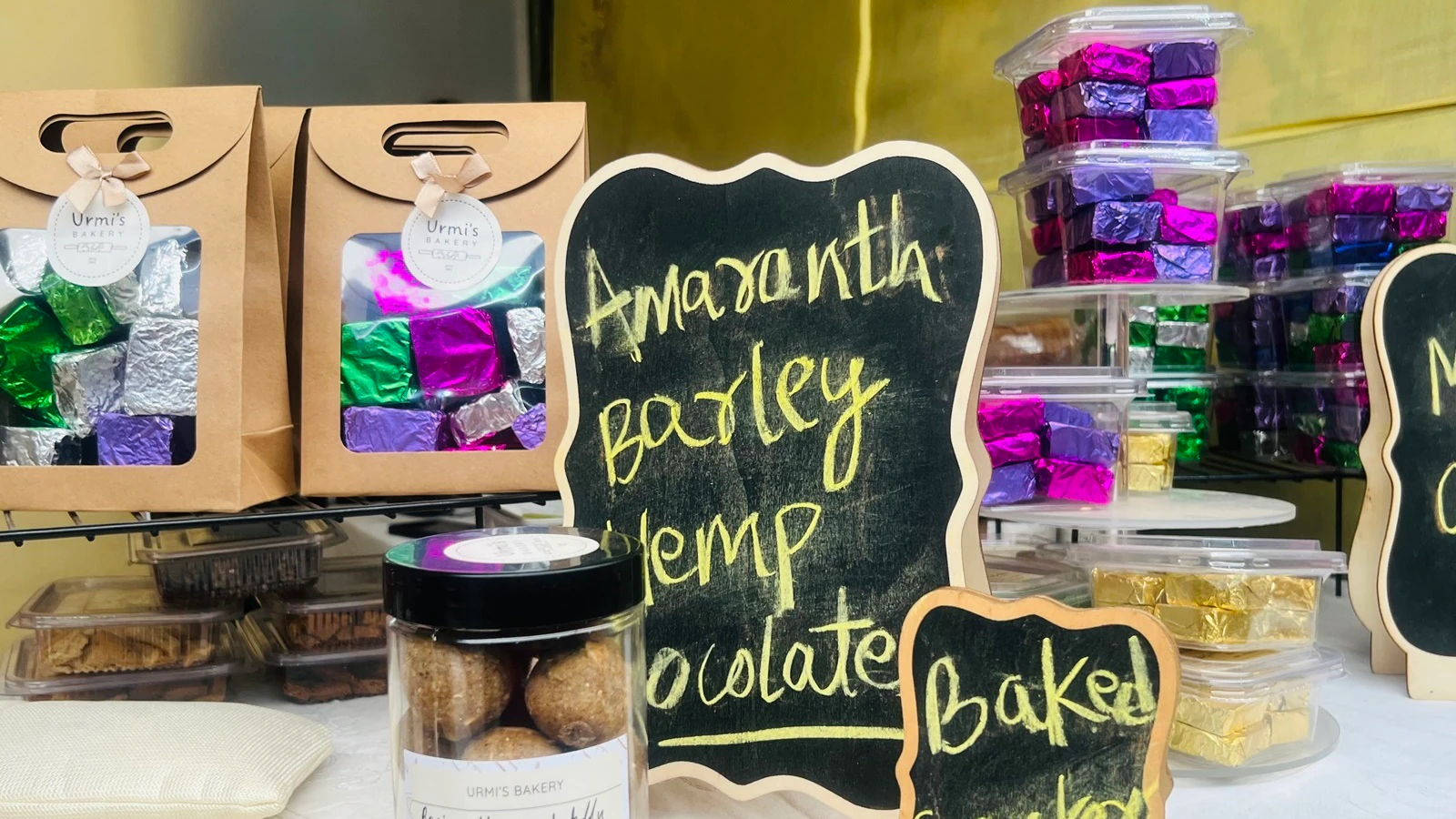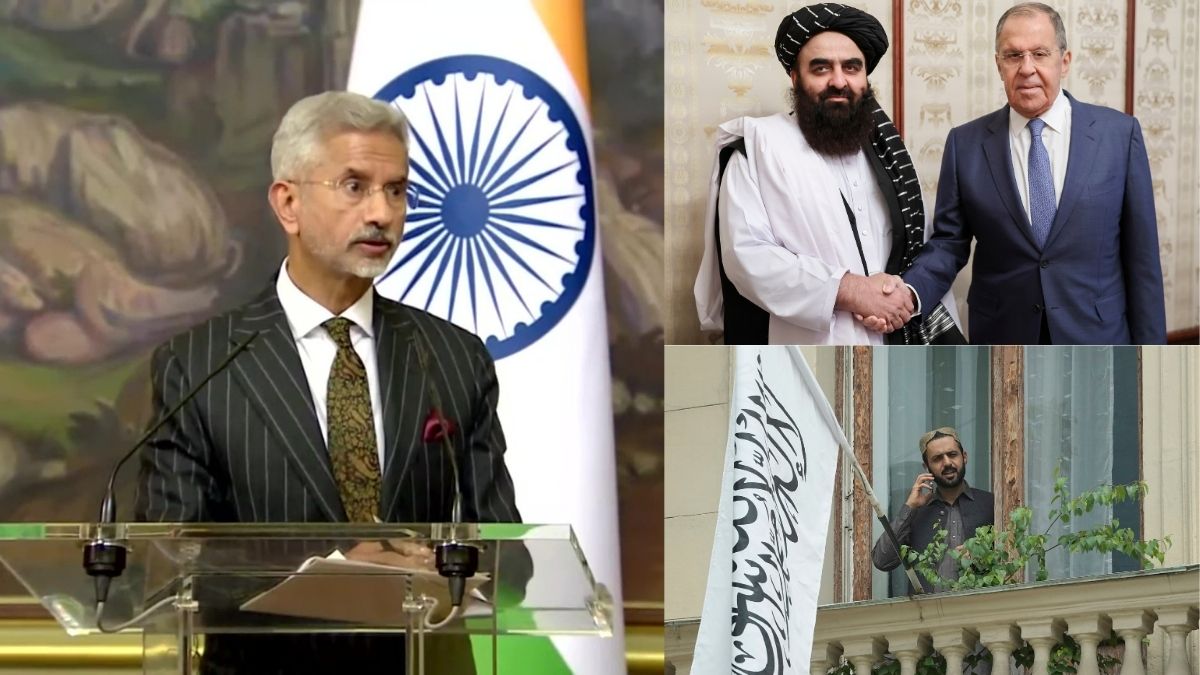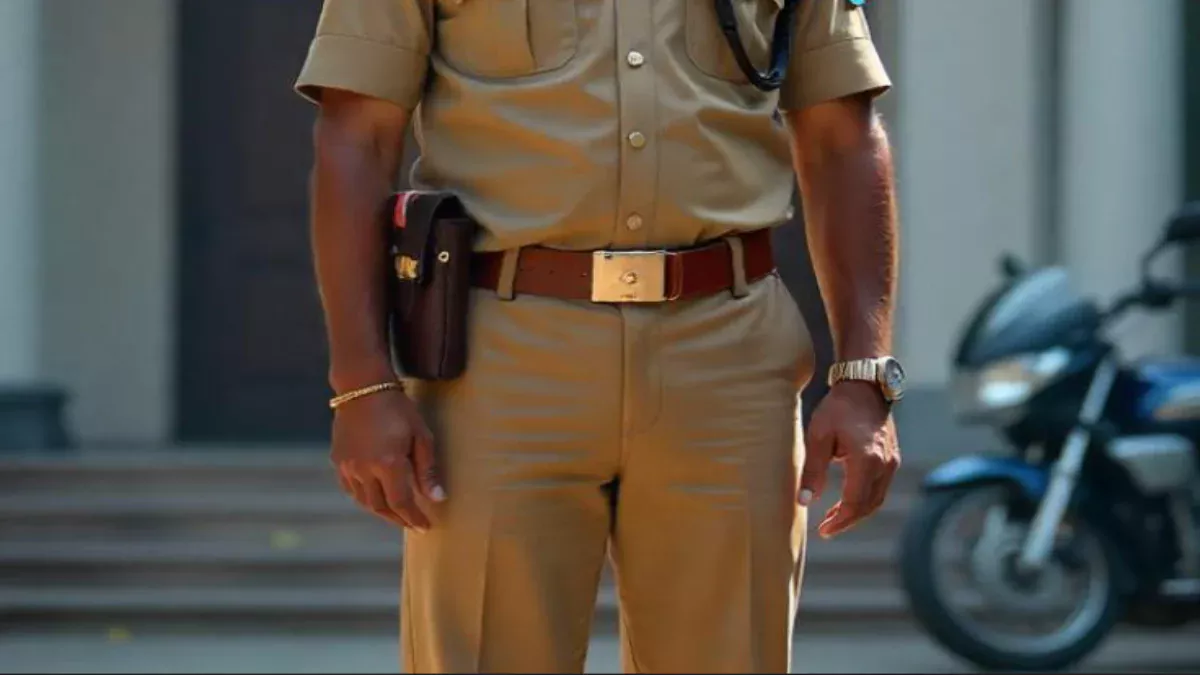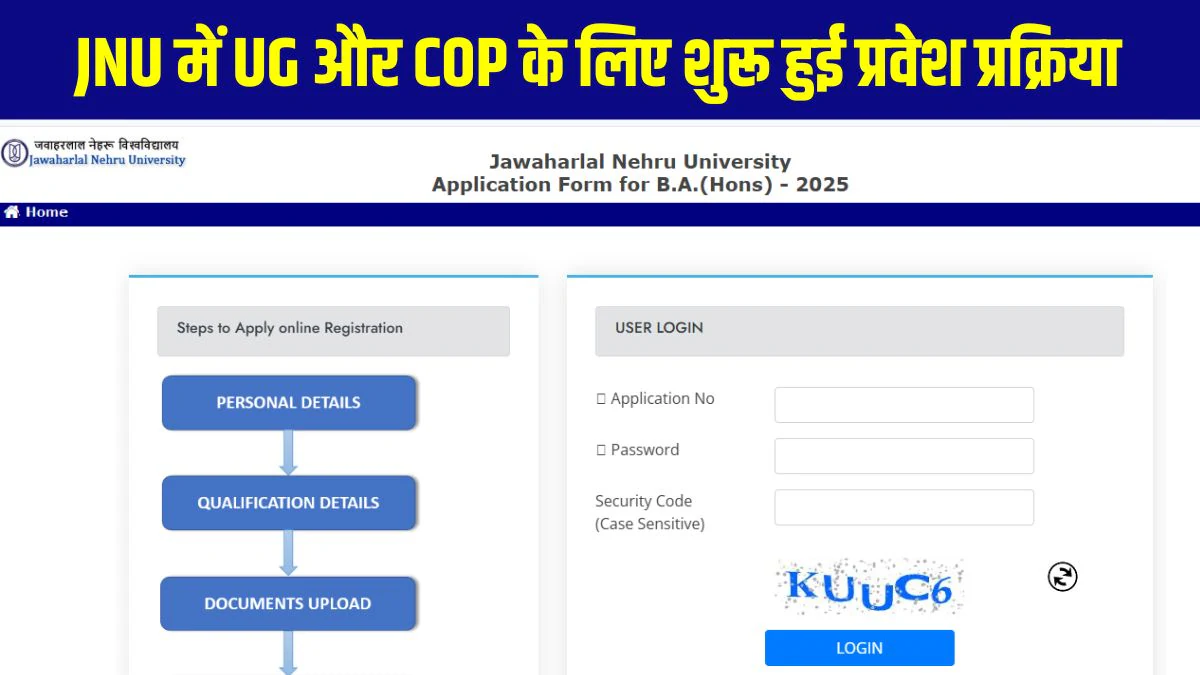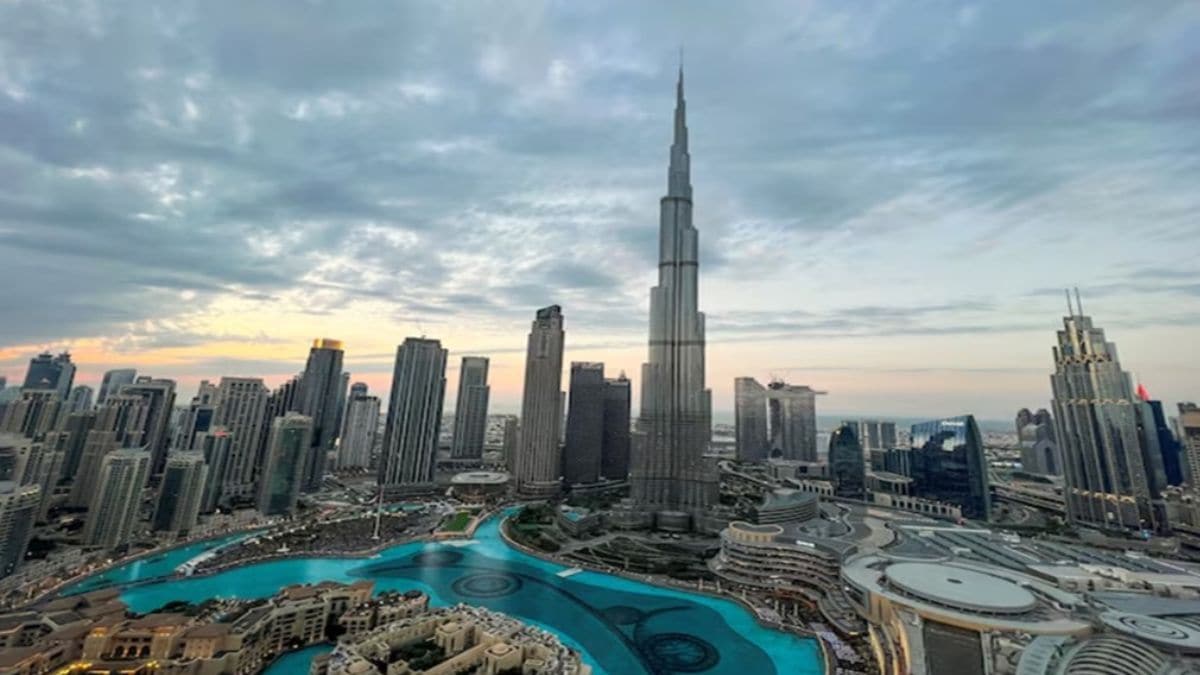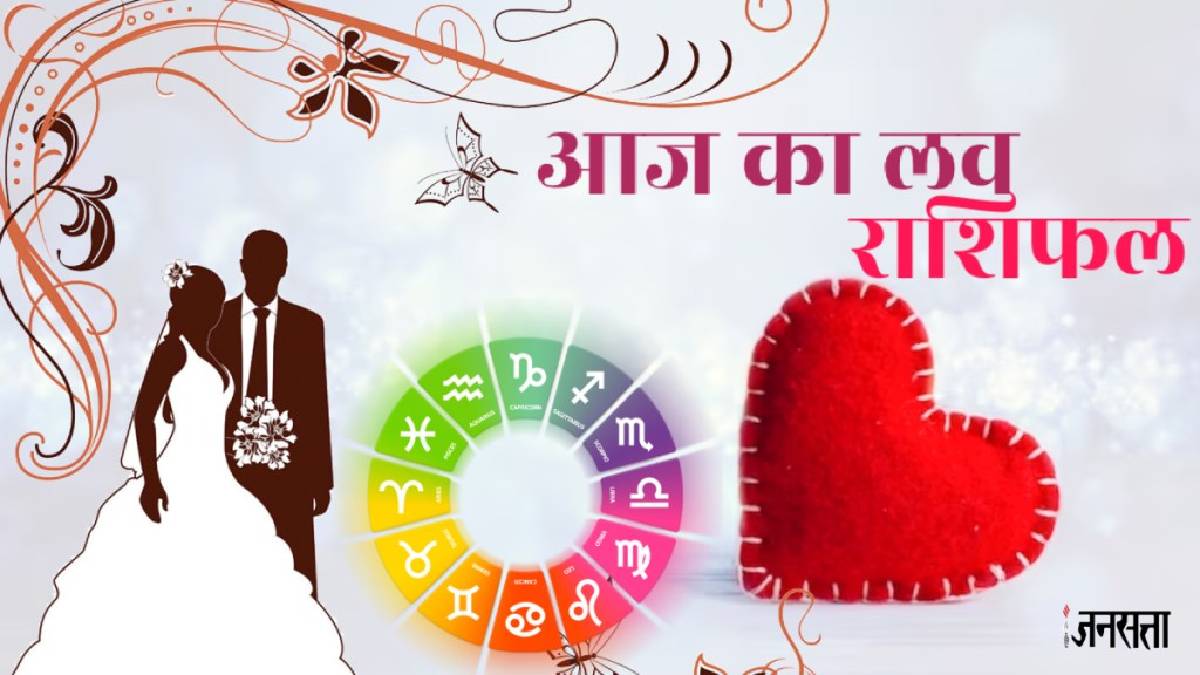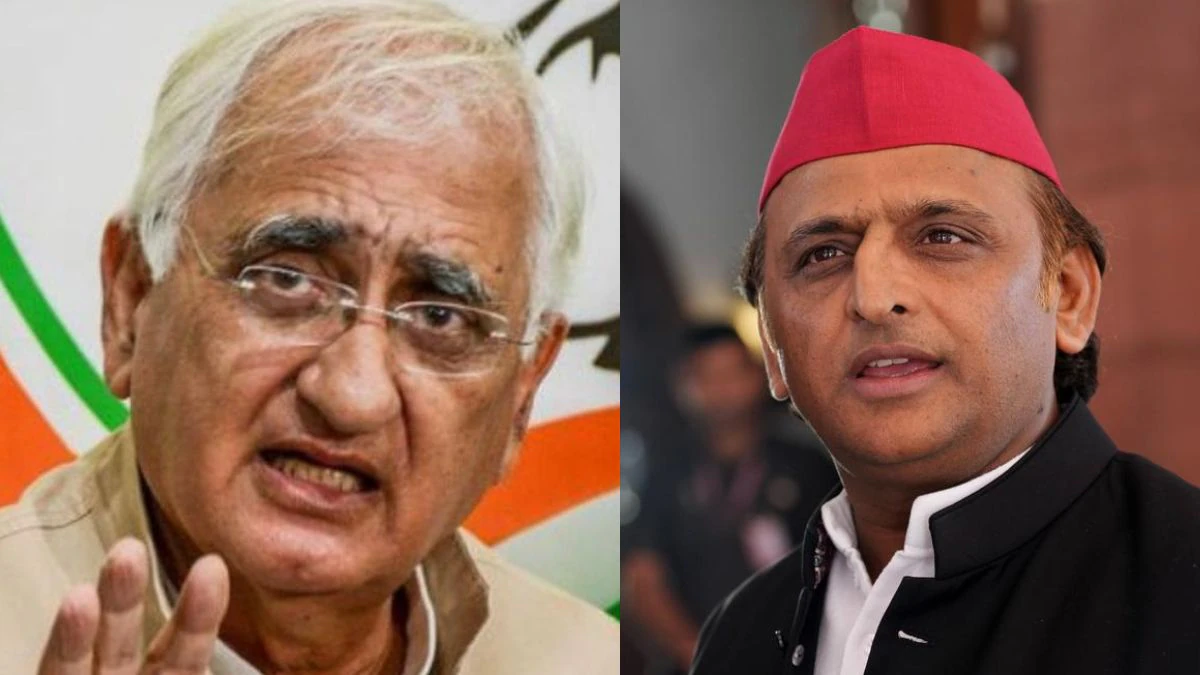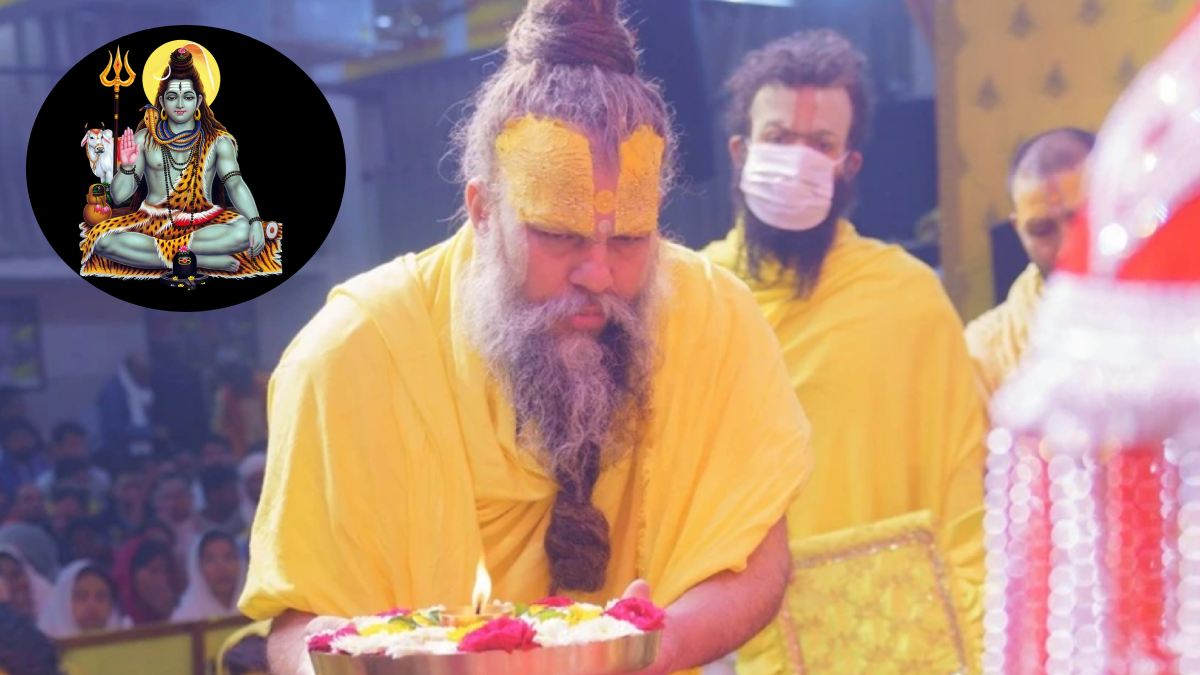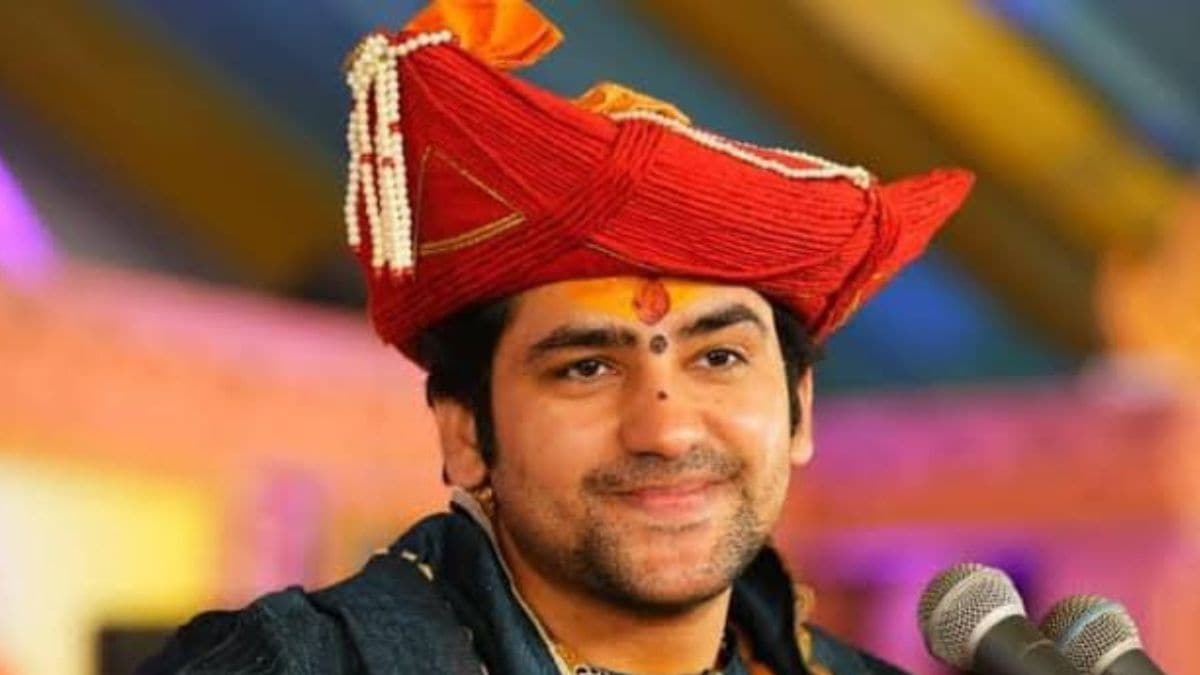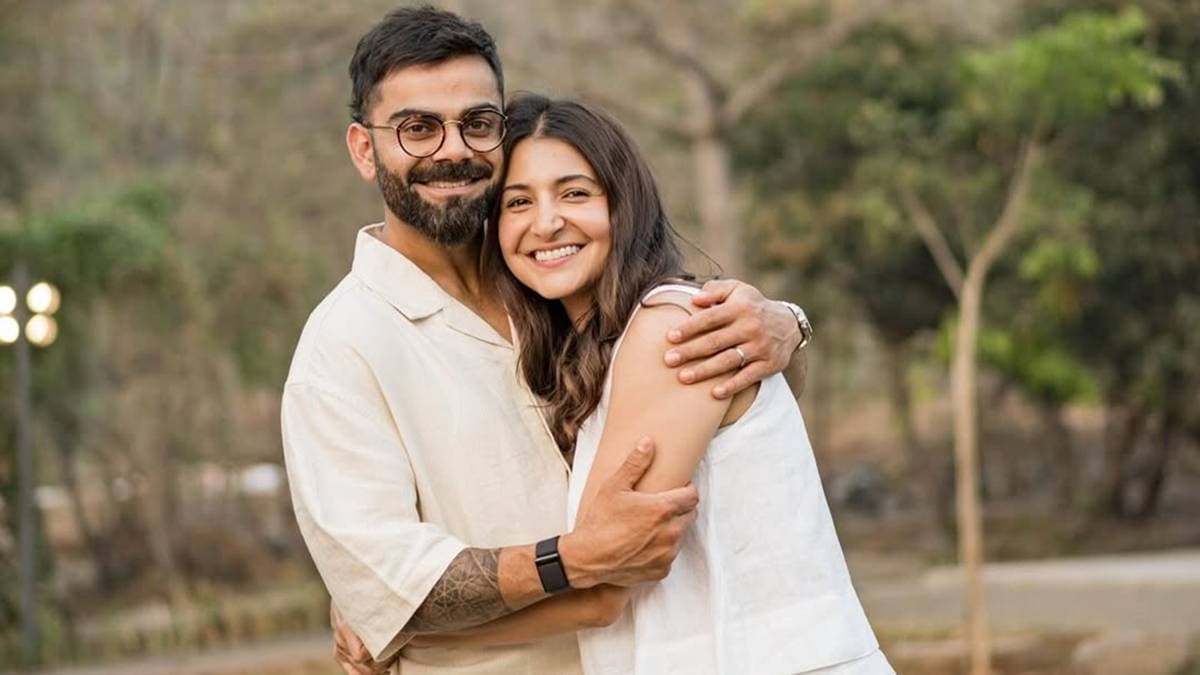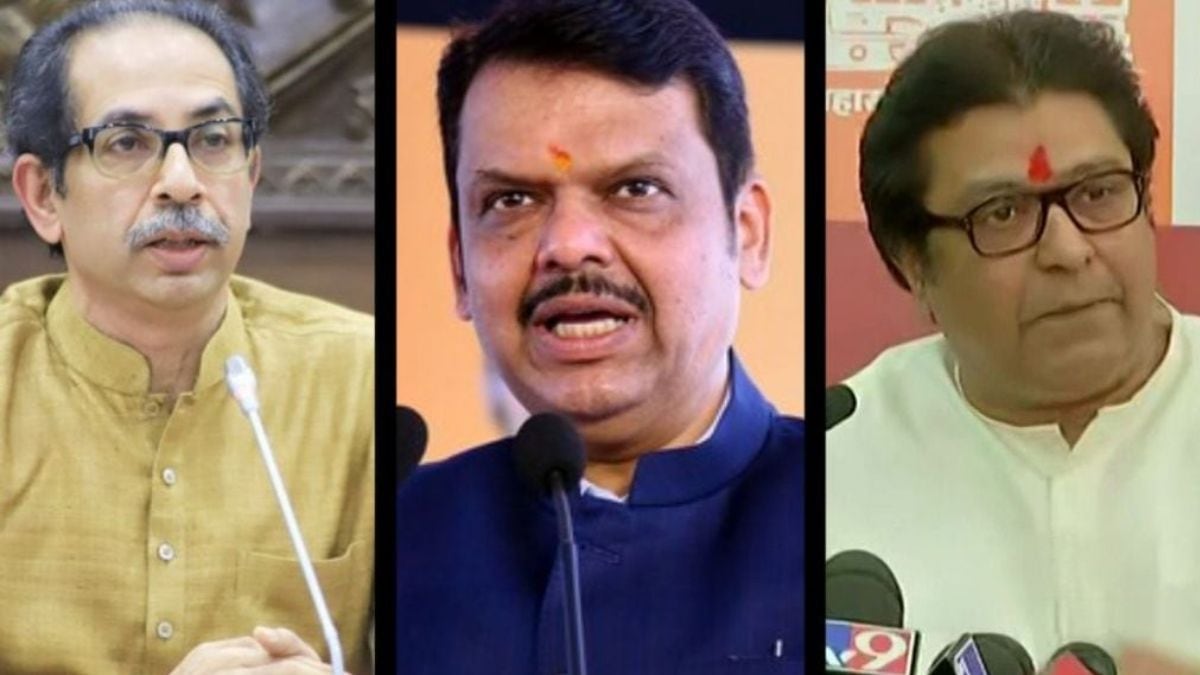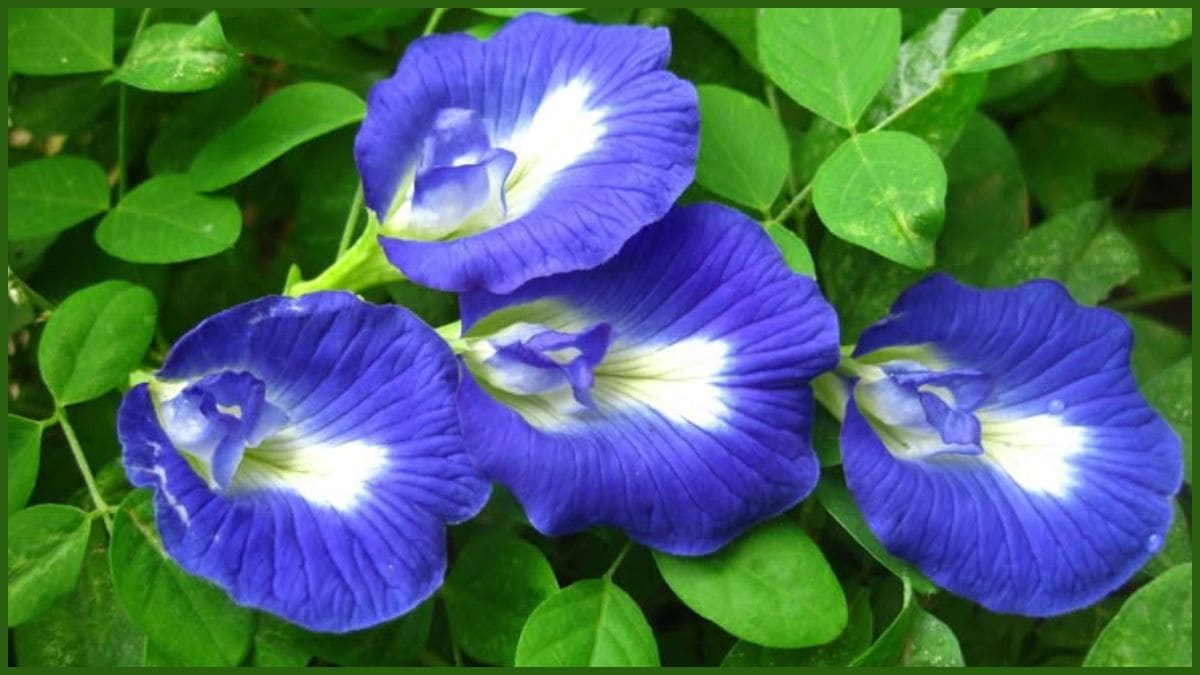Held in Delhi’s Andheria Mor every year during crisp winter, Dastkar’s annual winter bazaar celebrates India’s arts, crafts, and culinary traditions. The fair brings together artisans from across the country, supporting sustainable livelihoods and showcasing a diverse array of handmade goods.
This year’s edition had an eclectic mix of handlooms, fabrics, paintings, Christmas decorations, and sustainable products like herbs, spices, honey, and forest produce. Millet-based treats, inspired by the Government of India’s 2023 millet initiative, were another highlight, with unique offerings like millet chocolates, namkeen, and laddoos.
Here’s a glimpse into some standout crafts and stories from the Dastkar Winter Bazaar 2024:
Shila from Gujarat’s Kutch, with her husband, set up a beautiful stall with shawls, bags, potlis, and jackets. A graduate traveling all the way from Gujarat, she engages in the historical art of “Soof embroidery,” which translates to suvyavasthit or perfect, and has an Instagram page to popularise the rare craft form.
Physical and mental agility are vital as the craft uses very minute needle and thread work. Geometric patterns using mirrors and a reverse method of stitching are deployed. The work is very similar to other Kutchi embroidery work, except it is very fine and delicate. The embroidery form also has a Geographical Indication (GI) tag and is slowly gaining popularity in women’s entrepreneurship.
Millet entrepreneurship in urban and rural areas has thrived since 2023 was declared the International Year of the Millets. Delhi-based Urmie’s bakery started making vegan, millet-based recipes last year. Delectable chocolates made with bajra, barley, hemp seeds, ragi and sattoo laddoos, vegan and lactose-free recipes, millet biscuits, and chickpea savouries are some of the most sought-after products that the home-based startup creatively makes and packs. One of the challenges they face is the scalability and cost-effectiveness of the products. “Millets are expensive, and their short shelf life makes scaling challenging,” said Urmila Gill, the bakery’s founder.
The Zenzula, a therapeutic musical instrument, was a unique find at the bazaar. Created by Mumbai-based Roots Production, the instrument is made from recycled sardine cans and wood. Its soothing sounds and sustainable design have made it a hit among music enthusiasts.
Shri Balaji Dhurrie Udyog, a family business from Rajasthan’s Barmer, employing 300 people, displayed handwoven carpets, dhurries, door mats, and wall hangings. Featuring symmetric and geometric designs in earthy tones, these Dhurries from Rajasthan help fight the harsh desert of the winter and, therefore, are always in demand from the West. “This is all handmade work, which is why it’s expensive. Machine-made dhurries dominate the market now, leading to a decline in indigenous skills,” said Jerupara, 60, an artisan who has been exhibiting these across the country for over four decades.
A rickshaw with beautiful jhallars and newspaper decor is always on display at Dastkar. Set up by the Avacyam Foundation, which works on empowering persons with disabilities, the rickshaw has a wide array of products on display with sustainability and recyclability in focus. Natural agarbattis, eco-friendly diaries made of recycled paper, bags made of used textiles and fabrics, and newspaper bags – the stall uses circular economy principles while promoting ecological livelihoods.
Similarly, Phulo Phulao is an organisation that combines old-age Ayurvedic and traditional wisdom from our kitchens and brings together unique recipes and handmade art products from all over India produced and conserved by citizens above the age of 55. Not only does this effort contribute to the Indian intangible heritage, but it also keeps older people productive.
Stay informed with access to our award-winning journalism.
Avoid misinformation with trusted, accurate reporting.
Make smarter decisions with insights that matter.


